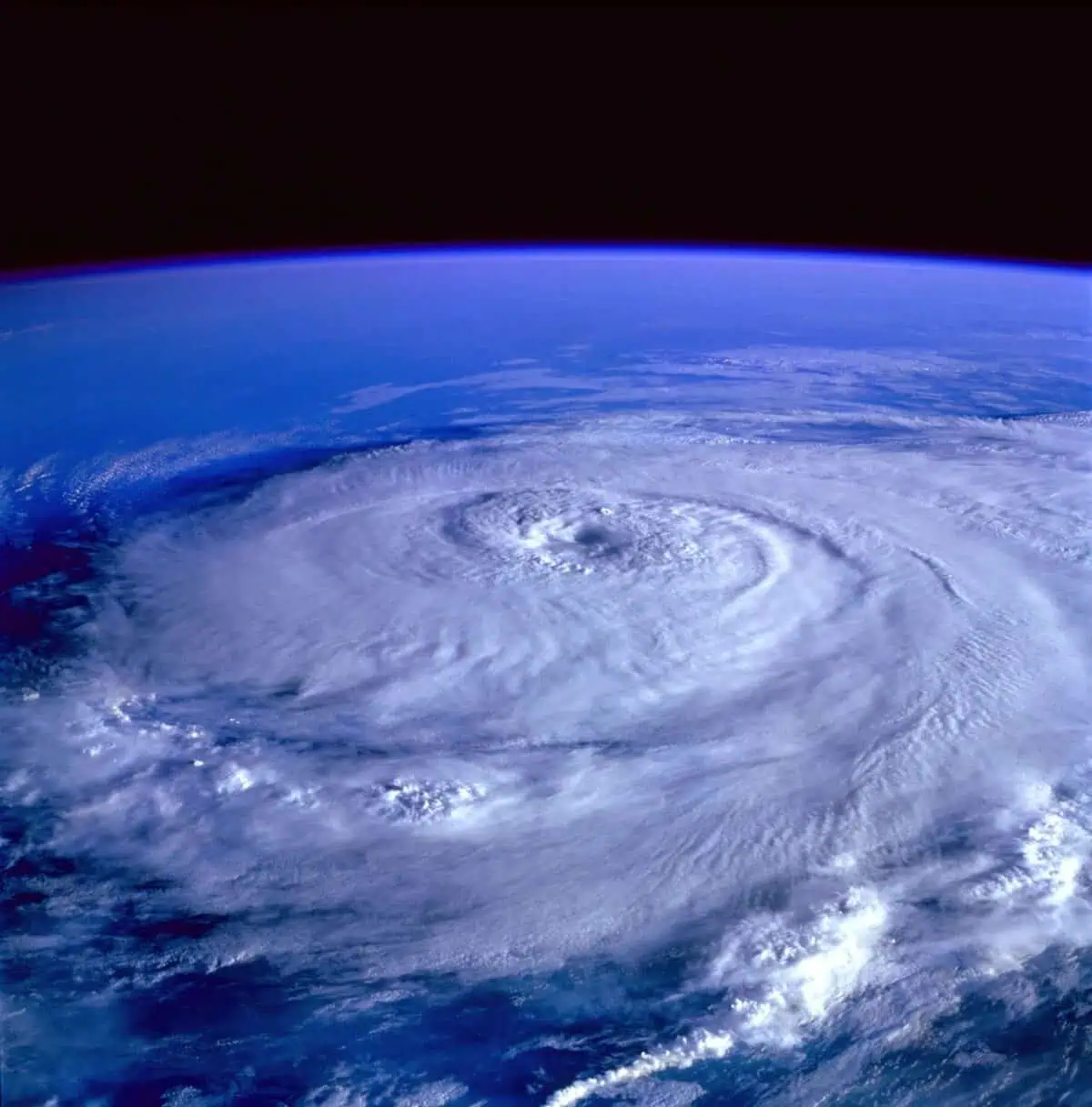
By: Swapnil Gohil, Psy.D., Provisional Psychologist Licensee-How do I pick up the pieces of my life post a catastrophic event? The physical, emotional, and psychological impact of a hurricane can be devastating. A sense of hopelessness may pervade an individual’s thought process and cause a sense of fear of the future. It is important to know that geographically areas tend to slowly recover from the aftermath of a hurricane. However, what about the elements that are not tangible? You are not alone, and the first plan of action is to ask for or seek help. Whether you are victim, first responder, or a bystander, the effects of trauma can be pervasive. Studies indicate sixty-two percent of the survivor or evacuee population met criteria for Acute Stress Disorder (Mills, Edmondson, & Park, 2007). Through further research individuals who meet the criteria for Acute Stress Disorder were likely to develop Post Traumatic Stress Disorder. Approximately, forty-nine percent met criteria for Post-Traumatic Stress Disorder within two years of experiencing the disaster. The risk of retraumatization runs high post the disaster due to the continual broadcasting of images of flattened buildings, uprooted trees, and flooded streets dominating the news coverage. However, many other factors add to the stress being experienced by the survivors.
Listen In
Due to the volatile nature of a hurricane many individuals experience lack of power and a disruption in communication networks. These aspects make it difficult to provide care to vulnerable individuals. Another area where hurricane victims may be impacted are individuals struggling with addiction. During these stressful moments individuals may relapse or may experience an increase in consumption. Similarly, patients may experience an increase in depression, anxiety, and post-traumatic stress disorder traits. The effects are seen due to the volatile environment and unpredictability of the hurricane. Other elements that increase these traits are the fear of death and the increase of mortality rates. Within the next six months these individuals may be at risk of traumatic of bereavement or prolonged grief. The long-lasting effects of the hurricane go far beyond the physical health of an individual. However, the power of hope and healing is associated with knowing that you are not alone. Thus, the importance of understanding the ubiquitous reactions to a catastrophic event are of the utmost importance. Developing an understanding of these reactions can help the individual cope effectively with their feelings, cognitions, and behaviors.

In the wake of a hurricane there are several steps one can take. It is important for the individual to accept or become aware of the challenging event. During these moments it is important to evaluate that you and your family are safe and are in a safe location. In addition, it is important to create a space for oneself to acknowledge the loss one has experienced. People should also seek support from trained and licensed providers. Reaching out to a mental health providers can help the individual become educated on the normal responses to a catastrophic event and assist the person in moving forward. Psychologists can help by providing evidence-based treatments to help people manage their emotions around traumatic events. The provider will us psychotherapy that fits the patient’s characteristics and best addresses the person’s problem. Research has found to be effective for a wide range of conditions including pain, anxiety, and mood disorders. Therapy can be for an individual, couples, family, or other group.
Dr. Swapnil Gohil has extensive experience working with trauma. His approach to trauma is rooted in an amalgamation of Prolonged Exposure and Trauma-Focused CBT. Dr. Gohil became well versed in these forms of therapy through his experience in psychiatric hospitals, crisis centers, substance rehabilitation centers, teaching hospital settings, and forensic hospitals. Here at Davenport Psychology, our goal is to meet you where you are and allow you to be the captain of the ship and the driving force of therapy. Although processing trauma is not easy, at Davenport Psychology, we are specifically sensitive to the patient’s inhibitions and boundaries. Therefore, treatment is conducted at the patient’s own pace. Whether emotional, physical, sexual, or spiritual trauma, we are here to help. Please feel free to contact us and ask questions you may have.

Davenport Psychology is here to talk and help you break the barriers of trauma 941-702-2457.
Mary Alice Mills, Donald Edmondson, Crystal L. Park, “Trauma and Stress Response Among Hurricane Katrina Evacuees”, American Journal of Public Health 97, no. Supplement_1 (April 1, 2007): pp. S116-S123.

